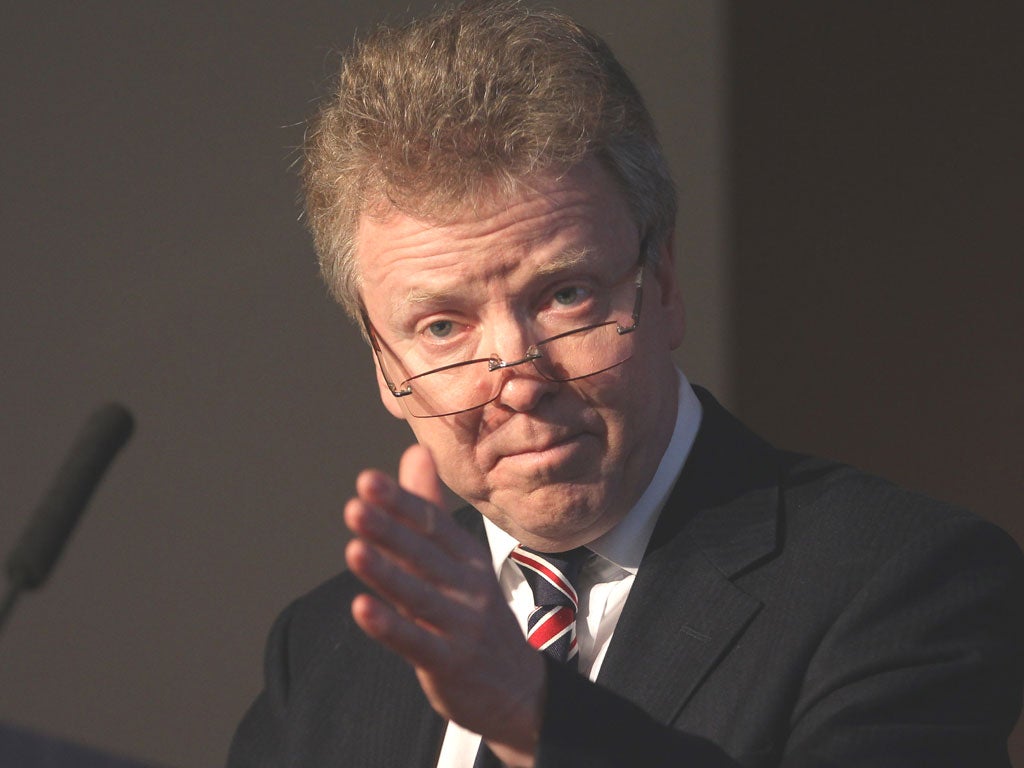London to monitor Games bets amid spot-fixing fears

The organisers of the London Olympics will host daily meetings with police, gambling experts and other agencies throughout the Games, in an attempt to combat spot fixing.
Each morning of the 19 days of competition Locog, the Gambling Commission, the Metropolitan Police, the International Olympic Committee and the UK Border Agency will review any irregular betting patterns or other related concerns. Any suspicions will be passed on to Interpol and, it is likely, to the relevant national Olympic committee.
Last year Jacques Rogge, president of the IOC, said fixing represented a new threat to the integrity of the Games; he has set up a global taskforce, supported by Interpol, to address the issue. Interpol estimates the illegal gambling market is worth $500bn (£325bn) a year in Asia alone. Two weeks ago the former Essex cricketer Mervyn Westfield became the first British sportsman to be imprisoned for spot fixing.
"This threat can be a very significant challenge to the future of the Olympic movement," said Colin Moynihan, the British Olympic Association chairman. "What is being put in place is a comprehensive structure of support to assess the extent of any undue movements in the market."
Moynihan wants any information gathered from the daily anti-gambling meetings to be passed on to the chef de mission of any affected Olympic team, who can then decide their course of action. "We need to have absolute clarity," said Moynihan.
Hugh Robertson, the Olympics minister, said: "Up until this point illegal betting has not been a huge problem at the Olympics but it was difficult to monitor in Beijing. This is a new threat and an evolving threat."
Whatever information the daily meetings produce, it is unlikely athletes will be asked to withdraw ahead of competition. The obvious problem in trying to combat spot fixing is that no offence is committed until the event happens. One of the BOA's terms that British athletes must sign up to is a betting ban which covers the period of the Games. British athletes will also receive an education programme.
The BOA also said yesterday that it would be down to the individual sports to determine guidance for the use of social media during the Games. Tom Daley said yesterday that he has no intention of reducing his use of Twitter or Facebook and that it has no impact on his sporting performance.
Daley was twice criticised by Alexei Evangulov, British diving's performance director, last week for allowing himself to be distracted by out-of-pool activities. After a Friday meeting with Evangulov, Daley released this statement yesterday: "I am glad we have addressed some important issues, discovered some new ones and that we are fully committed to the same goal.
"Alexei has had full approval over everything that I have done in terms of my commercial work since 2011. Twitter and Facebook is fun. It is my generation. It has never taken up any training or performance time and does nothing to impact my overall commitment."
Join our commenting forum
Join thought-provoking conversations, follow other Independent readers and see their replies
Comments
Bookmark popover
Removed from bookmarks